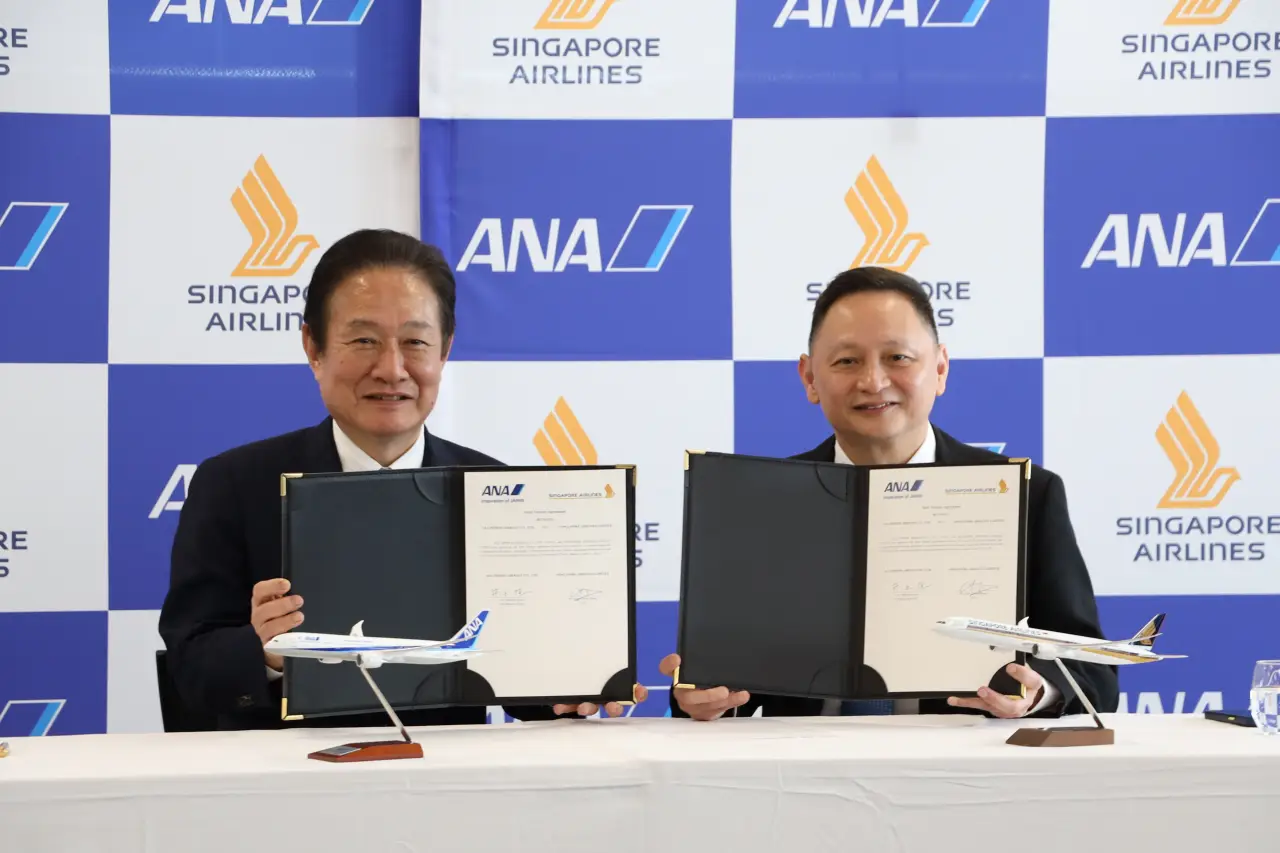To minimize the spread of COVID19, including the Delta variant, the United States is extending restrictions on non-essential travel at its land and ferry crossings with Canada and Mexico through September 21, while continuing to ensure the flow of essential trade and travel.
U.S. Travel Association Executive Vice President of Public Affairs and Policy Tori Emerson Barnes said, “Travel restrictions are no longer protecting us from the virus – vaccines are. Every day that our land borders remain closed delays America’s economic and jobs recovery, causing greater damage to the millions of people whose livelihoods depend on travel and tourism.
“For each month the status quo continues at the Canadian border, America’s No. 1 source market of inbound arrivals, the United States loses $1.5 billion in potential travel exports, leaving countless American businesses vulnerable.
“Entry restrictions were urgently needed before effective COVID-19 vaccines were widely available, but these shutdowns carried a steep price – the loss of more than 1 million American jobs and $150 billion in export income last year alone.”
On August 9, 2021, the Government of Canada introduced new border measures. Some of the key changes include:
- fully vaccinated U.S. citizens and permanent residents who are currently residing in the U.S. may travel to Canada for non-essential reasons;
- the removal of the requirement to stay at a government-authorized hotel for all travelers; and
- the removal of the requirement for all fully vaccinated travelers to take a post-arrival test, unless they are randomly selected to take one.
- September 7 (intended start date): All other foreign nationals who qualify as fully vaccinated
You will be denied boarding your flight and denied entry into Canada if you do not meet all the required eligibility requirements for discretionary travel and/or could face additional fines on arrival.
The 3-night hotel stopover requirement is eliminated for all travelers arriving by air after 12:01 A.M. EDT on August 9.
All travelers arriving or returning to Canada must continue to use ArriveCAN to submit their travel information.












